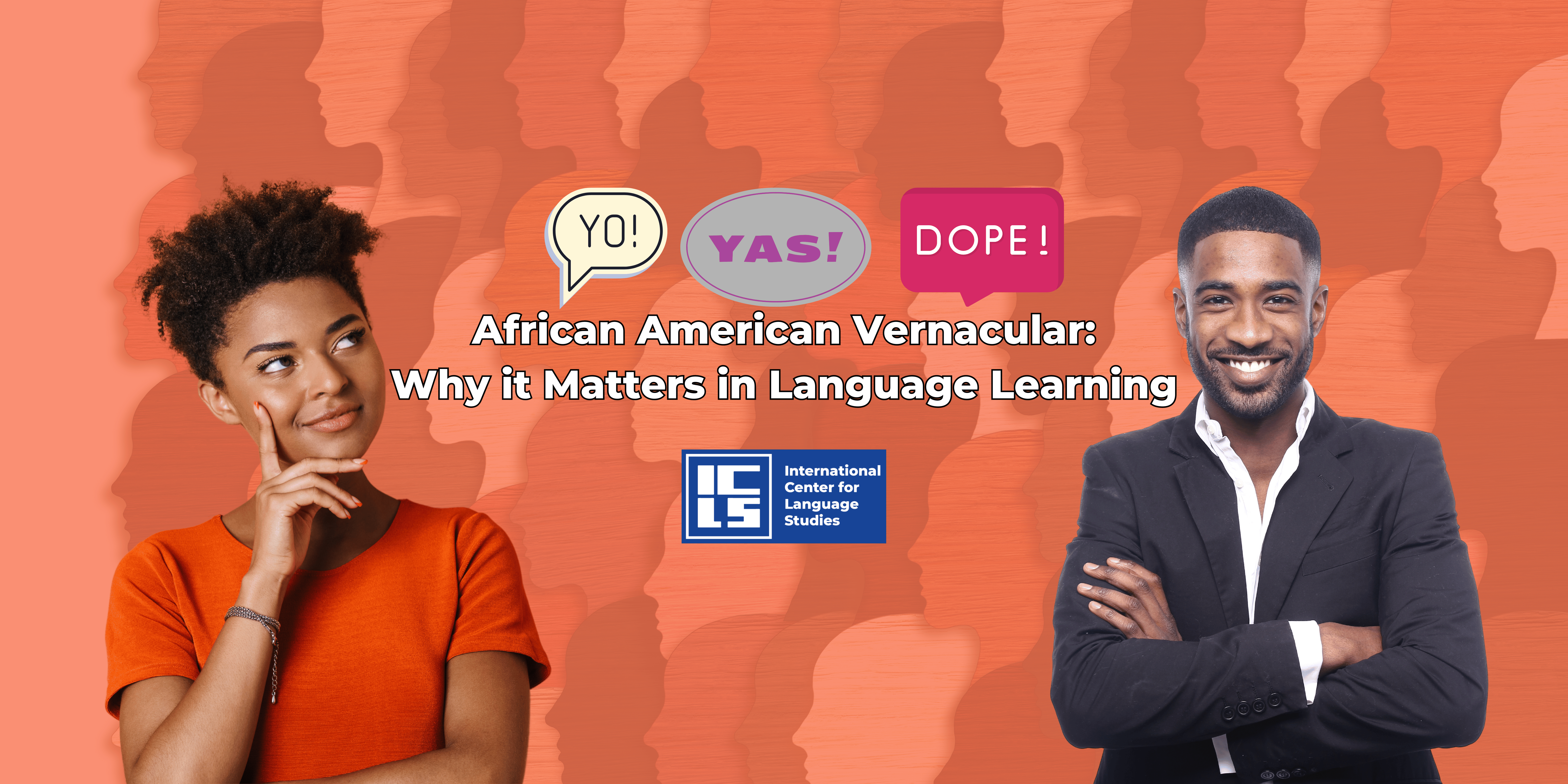- That Inclusive Lens
- Posts
- PART 3 - Parenting, Privilege, and Pinot Noir
PART 3 - Parenting, Privilege, and Pinot Noir
A Lesson in Language Bias
Hey Ya’ll,
Happy Thursday! So I know we said there was going to be Part 3 & 4 but I decided to finish the story today with Part 3. This one will be shorter than before, I wrote a chapter book last time! LOL!
We left off with Claire’s comment that made my blood boil: “Ama, I still don’t understand Ebonics. It sounds like a choice to sound uneducated.” First of all, “Ebonics” is properly called African American Vernacular English (AAVE). I immediately started comparing AAVE to Jamaican or Trinidadian Patois, both labeled as “broken English” and frowned upon by the dominant culture, albeit race or class. That’s when I saw the opening for another teaching moment: language bias! And yes, this is something I’m still unlearning myself.
RESOURCE:
REVELATION:
AAVE didn’t just pop up out of nowhere, it was born out of survival. Enslaved Africans, ripped from different language backgrounds, blended their West African tongues with the English they were forced to learn, creating a brilliant, rule-driven dialect with its own rhythm, structure, and vocabulary. In 2025, we still deal with language bias that slaps unfair labels like “unprofessional” or “wrong” on people who speak it. That bias isn’t just ignorant, it erases centuries of culture and history. Below are ways to mitigate that bias.
Educate yourself on AAVE as a legitimate linguistic system: Learn its history, structure, and cultural significance.
Challenge stereotypes when you hear them: Speak up when someone equates AAVE with a lack of intelligence or professionalism, and redirect the conversation toward its cultural richness and influence.
Integrate AAVE awareness into language learning and cultural training. Treat it with the same respect you’d give any world language.
REFLECTION:
Take a moment to journal:
When I hear someone speak in a way that’s different from me, do I automatically judge their credibility? If so, why? If not, why? (Be very honest)
If “professionalism” in my world requires someone to change the way they speak, who does that standard really serve and who does it silence?
If you found this helpful or interesting please share!!
Ama Agyapong, MBA
CEO | Principal Strategist | Inclusion Enterprises
+1 404 348 8284
Join our Inclusion Community to stay in touch!
Book a 30-minute call here
Connect with me on LinkedIn Instagram

